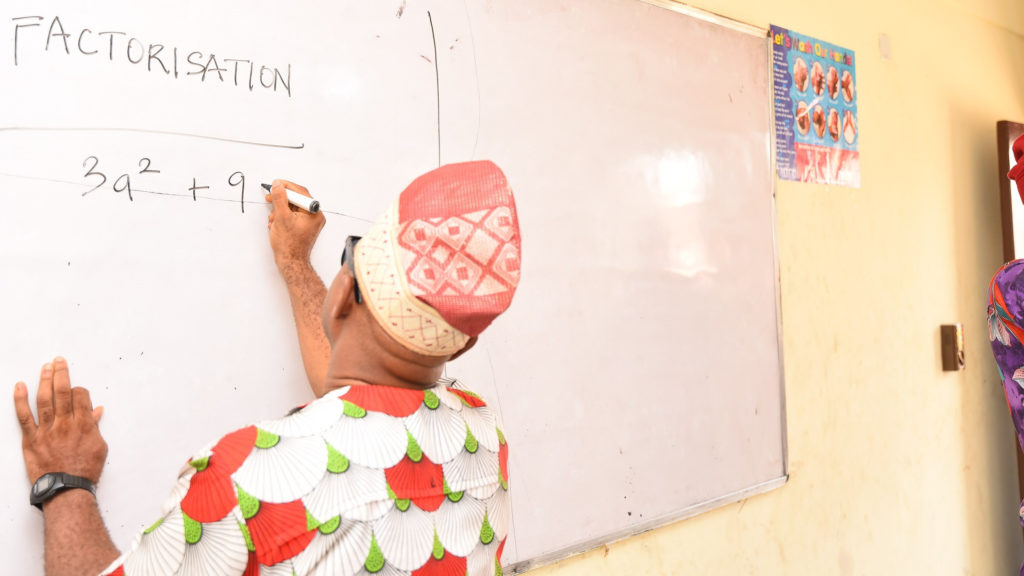
The Inclusive Futures formal employment programme, partnered with Accenture’s Skills to Succeed Learning Exchange, has reached a milestone of 10,000 completed modules of its pilot project which provides employability training for jobseekers with disabilities.
The jobseekers’ experiences highlight why it is vital to improve opportunities and challenge the discrimination that people with disabilities face.
More than 570 jobseekers with disabilities have completed skills training to help them to compete in the job market.
Inclusive Futures’ formal employment programme has partnered with Accenture’s Skills to Succeed Learning Exchange to test and adapt online training to make it accessible for people with disabilities, with positive results.
Training modules include topics such as career planning, using social media professionally and business entrepreneurship.
Simon Brown, global technical lead of economic empowerment for Inclusive Futures, says, “We know the platform is developing skills which get people into the work they aspire to. Up to the end of May 2021, 59% of off-farm jobs and internships secured by Inclusive Futures jobseekers were after studying this programme.”
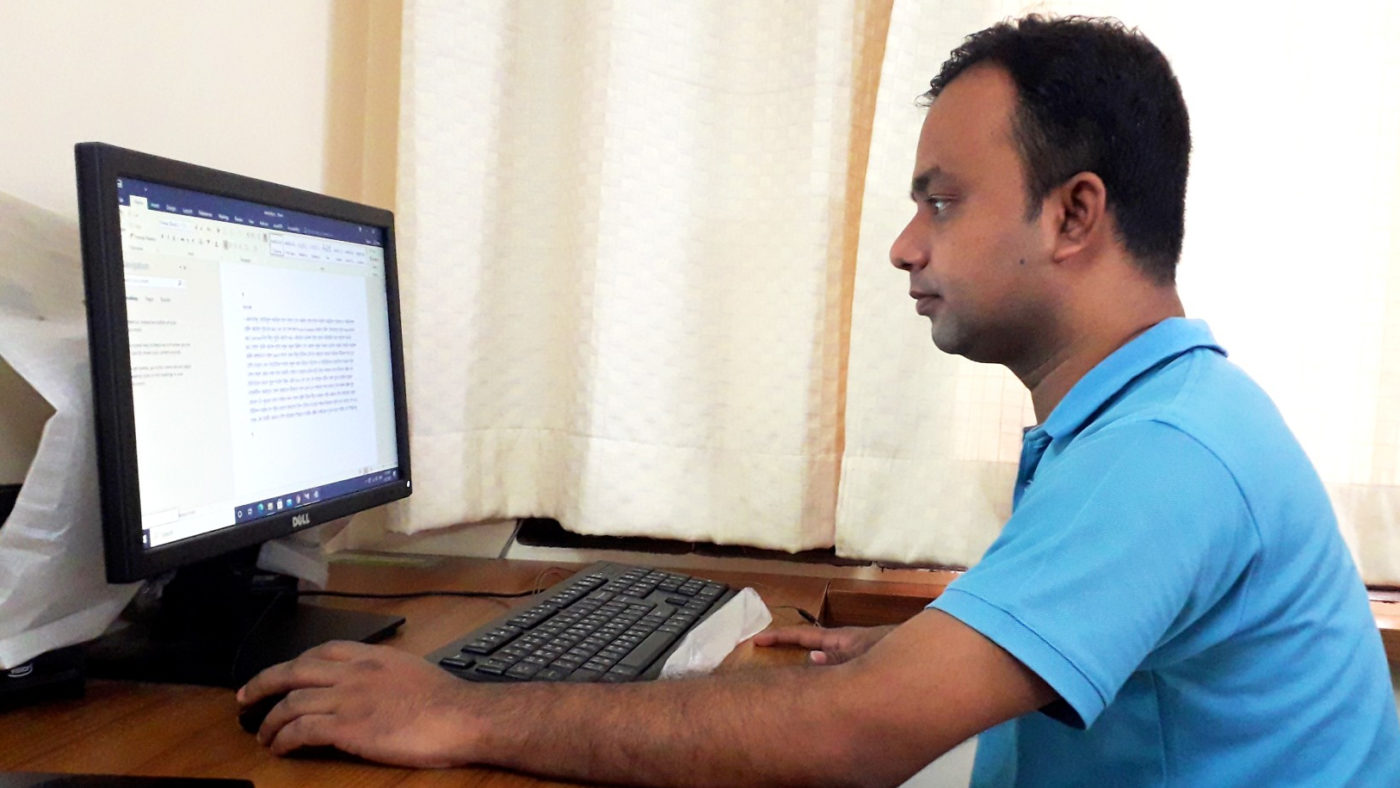
The 10,000th training module was completed in May 2021 by Subrata, a 35-year-old father of one from Bangladesh. “I say that training is good,” he says. “It should continue because for disabled persons, they can be successful by taking this training. I think this type of training can help all people, but it is more essential for a disabled person because it is very difficult to get a job.”
Since the birth of his daughter, Subrata has faced additional financial pressure on his family due to his struggle to get work. “I completed a bachelor’s degree and master’s degree in pharmacy,” he explains, “but the sector is not suitable for a disabled person in Bangladesh, because they cannot understand or think that I can work in the pharmaceuticals industry.
“I can do that job. But they do not give me any opportunity to prove that I can.
“They reject me in the interview because they see my physical disability, right hand and right leg. But my left hand and left leg are okay. I can do everything.”
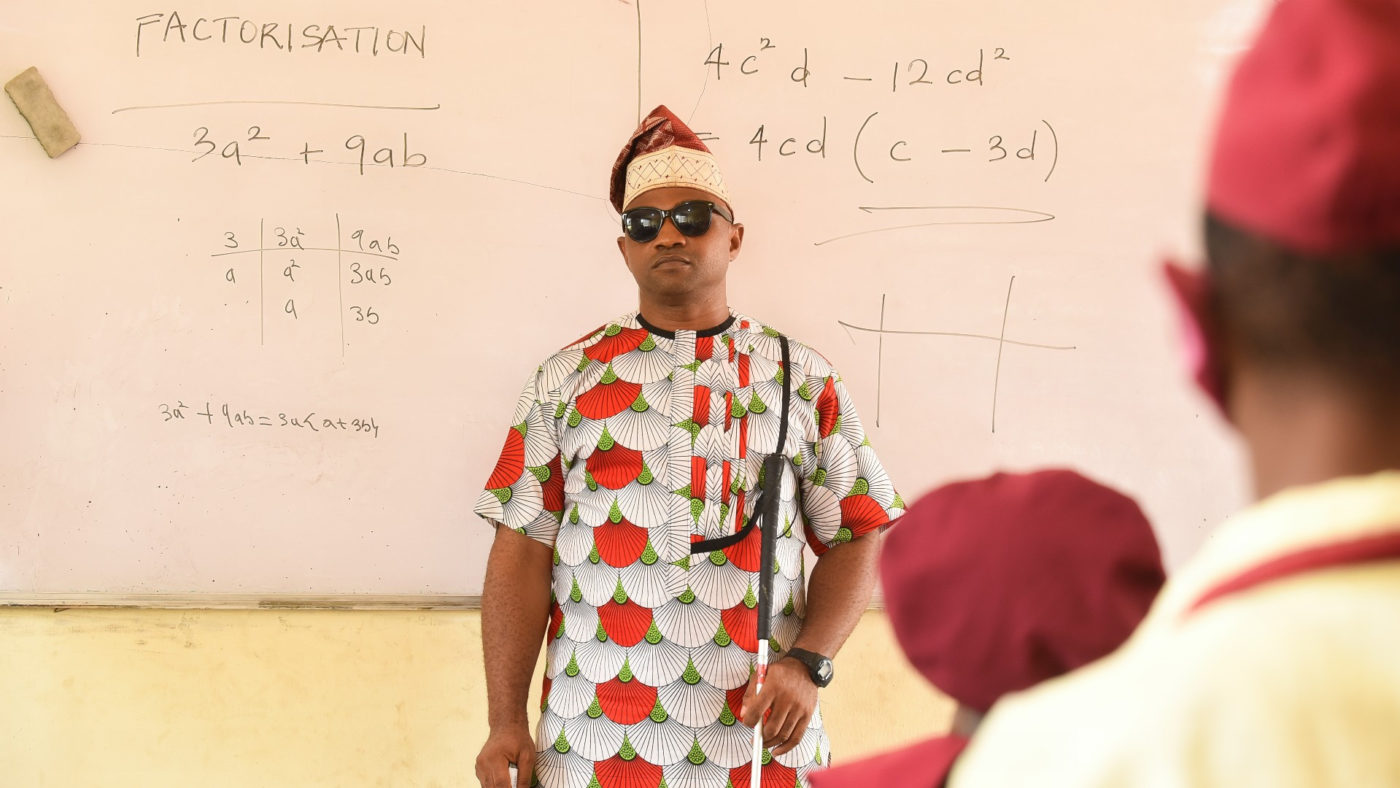
Another jobseeker who benefited from the Skills to Succeed training is Cyril, a 43-year-old teacher from Nigeria who is a pure and applied mathematics graduate. Cyril lost his eyesight in 2016 to glaucoma and was let go from his teaching job soon after.
‘‘In Nigeria,” he says, “visually impaired people and other people with disabilities are regarded as third-class citizens. People look at us as if we cannot do anything. When you apply for jobs, you are segregated and disenfranchised as we are not needed or considered for job placements, except when our votes are needed for elections.’’
After completing the training, Cyril got a job teaching mathematics to students, including children with disabilities.
He says, “My participation in the employability skills training made me realise I have been going about [job applications] the wrong way and I had to re-strategise and change my approach. It gave me confidence to go out to look for a job and when I applied, the outcome was great.”
Related stories
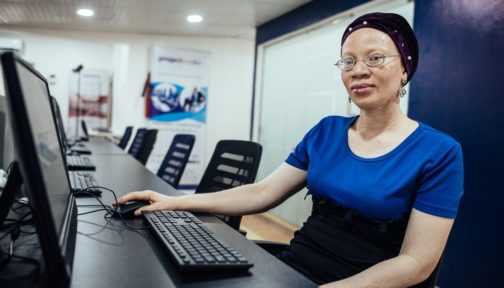
Jobseekers with disabilities and COVID-19
When COVID-19 struck, many people with disabilities were already taking part in our Inclusive Futures formal employment programme. The pandemic has had a significant impact: some people have lost their jobs, while others fear the economic impact of COVID-19 will reduce their chances of getting work. Here they share their stories.
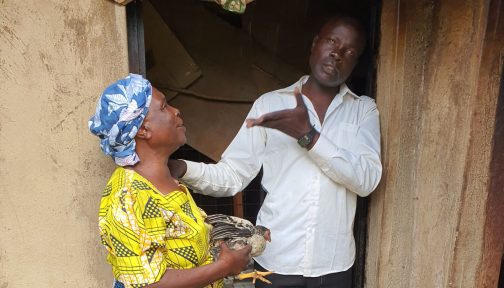
Losing your income during COVID-19: how Inclusive Futures is supporting people with disabilities
Worldwide, many people with disabilities have lost part or all their income as a result of restrictions imposed to control COVID-19. Inclusive Futures is providing immediate relief and long-term support for people with disabilities.
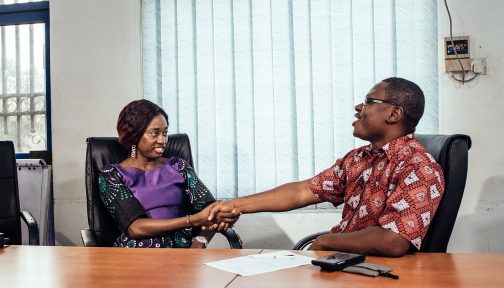
Inclusive business recovery post COVID-19
The challenges for jobseekers with disabilities were complex before the economic impact of COVID-19. Now they not only have to overcome barriers of stigma and discrimination, but also convince businesses, which are struggling to stay afloat, that inclusion should still be a priority.